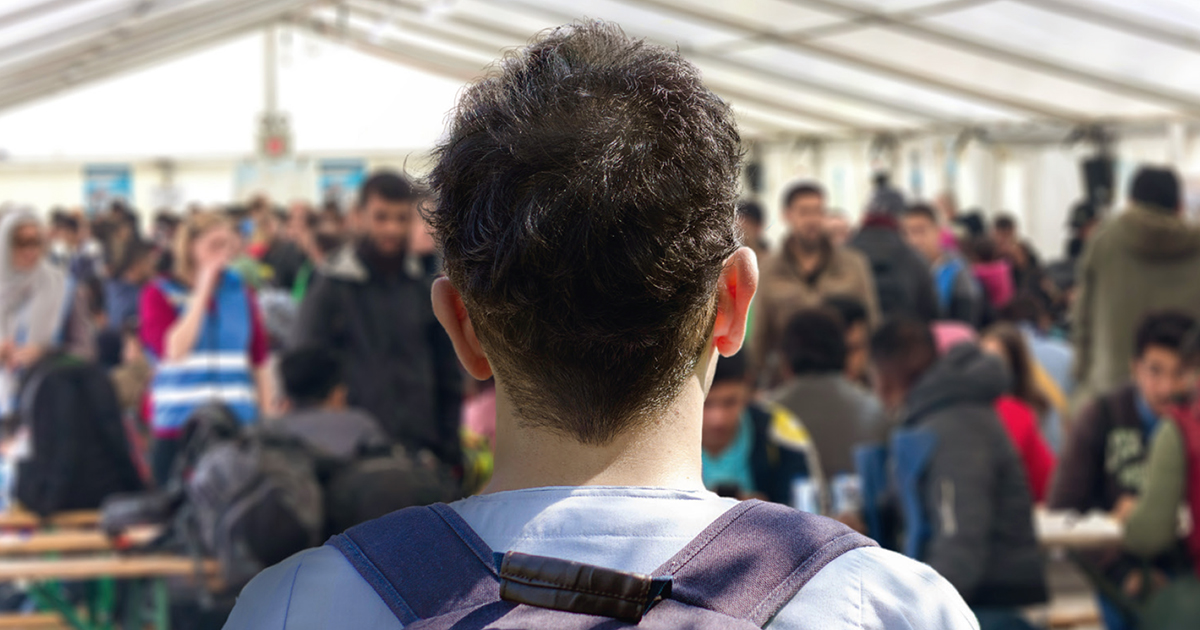
Secular refugees are not safe in Germany either
Many religious-free refugees have experienced that the danger from which they fled still exists here. In the refugee shelters there are always fundamentalist Muslims who consider apostasy to be a serious offence. Religious-free people have a particularly hard time here because they attract attention – for example through their clothing, their food or because they do not take part in religious festivals and rituals. If they have to live together with fundamentalist-religious people in a very small space, they are often threatened and in the worst case even have to fear for their lives – just like in their country of origin.
Many refugees continue to be persecuted and threatened by their families, who enter with a tourist visa. Or by state institutions of their countries of origin, which put them under psychological pressure.
The special situation of the atheistic refugees is still little known in Germany, although they are an important part of our pluralistic society. The protection of freedom of religion is anchored in the German Basic Law. German authorities, however, often show little sensitivity and problem awareness for the plight of atheistic fugitives.
Dispute in headscarf debate
I asked them if I wasn’t Muslim enough for them. No answer.
Naila Chikhi, a self-confessed Muslim, who is a representative of secular refugees in the Berlin Coordination Office for Refugee Management, took part in a panel discussion at the University of Frankfurt. She reported on this in the newspaper WELT: “Outside, I asked two of the men from the group of troublemakers why they were doing this. Her accusation: The panel was one-sided, since no Muslim woman was invited.
I reminded them that I am Muslim and asked them if I was not Muslim enough for them, just because I did not represent their opinion. No answer. But I already know the answer from my experience in Algeria, from the experiences of other Iranian, Afghan and Saudi people.The followers of political Islam and Islamism have a simple world view: good against evil, believers against disbelievers and unbelievers, ‘honourable’ against ‘dishonourable’ women. Exclusion instead of inclusion. I drew the attention of the two men to the fact that such behaviour only confirms the prejudices of the AfD and the right-wing extremists about Muslim migrants. That they protest against right-wing agitation, but do it themselves — and thus play into the hands of the right. I invited them to accompany me to the hall to continue the discussion. They declined the offer.”
